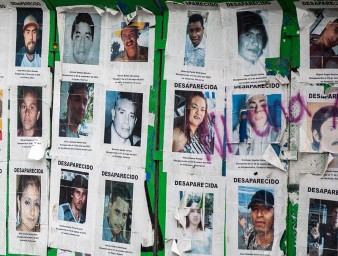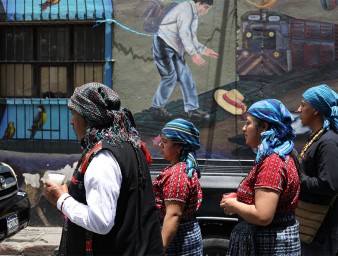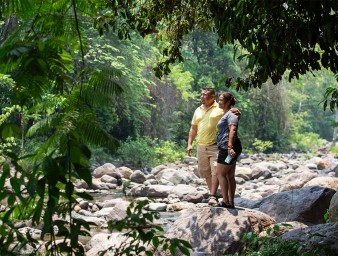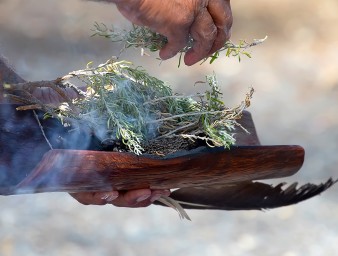Preventing intimidation and reprisals against human rights defenders
25 October 2011
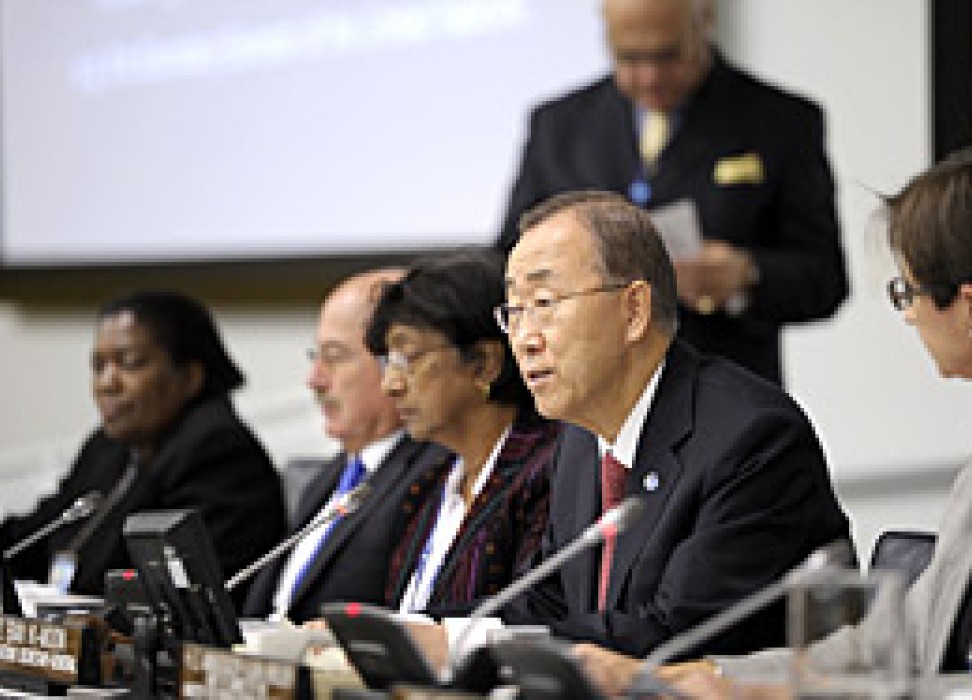
“It is natural for people to stand up for their rights and freedoms, resist oppression, and challenge authoritarianism. In these brave efforts they frequently resort to the international community and its human rights mechanisms for support,” said UN human rights Chief, Navi Pillay, at a panel on the side-lines of the UN General Assembly meeting in New York.
“Unfortunately, some face risks in doing so, and may be subjected to intimidation and reprisals. We continue to receive reports of cases of such activity which indicate that certain States resort to reprisals to silence criticism and prevent what they perceive as negative information from reaching the United Nations.”
A report to the Human Rights Council by the UN Secretary General, Ban Ki Moon, reveals that intimidation and reprisals against people working with the UN to protect and promote human rights continue to be reported. Threats and harassment by government officials, increased monitoring of activities, arbitrary detention, ill-treatment and even torture are used by certain States to silence critics.
“I find particularly disturbing the fact that when we invite and encourage defenders and activists to engage with us we must alert them about the potential risks that they face... And I am dismayed at the unacceptable high level of impunity that prevails for this type of violations”, said Margaret Sekaggya, Special rapporteur on the situation of human rights defenders.
Ban’s report stated further that these practices may succeed in deterring individuals or groups from providing information about the human rights situation in a given country, which in turn affects the UN’s capacity to address concerns.
“The United Nations could not do its invaluable work for human rights without those who cooperate with UN representatives, rapporteurs and other mechanisms,” said the Secretary General. “When they are targeted for reprisals, we are all less secure. When their cooperation is stifled, our work for human rights is also a victim.”
Mehr Khan Williams, Chair of the Board of the International Service for Human Rights said that relatives of human rights defenders and those who have provided legal assistance to defenders, also face consequences. “New cases of reprisals and intimidation occur on a regular basis, and victims are in need of much more explicit protection,” she added.
According to Philip Alston, former UN expert on extrajudicial, summary and arbitrary executions, UN investigative missions increase the potential of reprisals against those who come forward to testify on human rights violations. In order to minimize the risk of reprisals, Alston proposed that UN staff and independent experts be trained on investigative missions and protection of witnesses and that an urgent response procedure be established when reprisals occur. He also said that civil society organizations and States should provide financial and other assistance to individuals who are at risk.
The various UN mechanisms monitoring human rights have developed responses to reprisals.
Pillay told the panel that her office has consistently denounces threats and violence against members of civil society, including those who cooperate with the UN and its mechanisms.
“Each situation we become aware of is analysed, and all parts of my Office are involved, including field presences. Action is determined taking into account the principle of “do no harm,” with the security of the person concerned being our utmost priority. My Office is currently compiling various experiences and practices in this area. The final compilation will constitute the basis for the development of policy guidance,” she said.
In his report, Ban urges States to ensure that all necessary measures are taken to prevent reprisals and intimidation of human rights defenders. Among other recommendations, States are pressed to publicly encourage people to cooperate with the UN; all acts of reprisals and intimidation should be investigated and perpetrators brought to justice; and civil society should be allowed to submit information to the UN on alleged cases of reprisals.
“We should use our voices and respective mandates to hail brave individuals, defenders and activists who, in circumstances where it may be safer to remain silent, have decided to engage with the UN human rights mechanisms,” Sekaggya said. “We should stand beside them, behind them and around them. Many times we are all they have to shield them when they are attacked for leading the struggle in defence of human rights and fundamental freedoms.”
25 October 2011
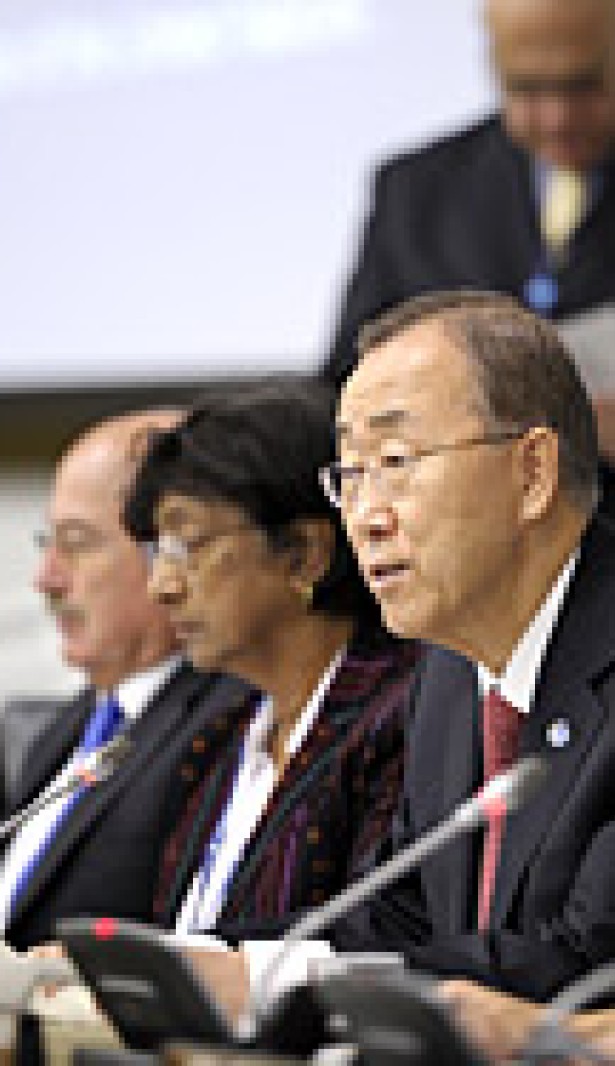
VIEW THIS PAGE IN:
